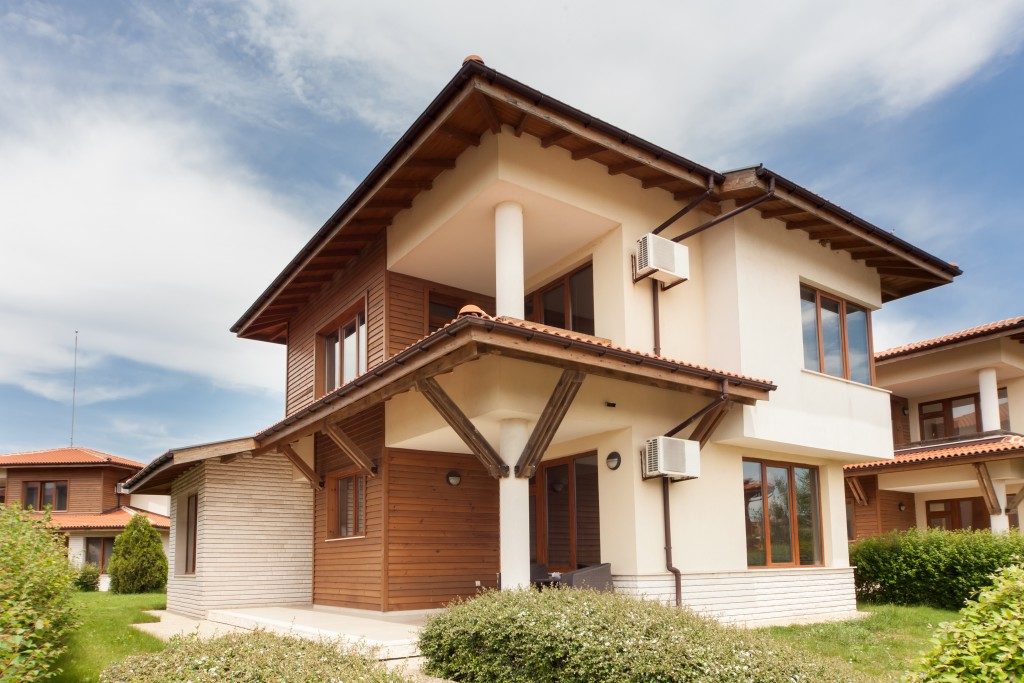As we grow older and strive to become financially independent, making enough money to cover rent and other living expenses while paying off debt can be difficult enough without also having to save up for an emergency fund. But having enough money set aside to cover at least 3-6 months of expenses is an essential part of being financially sound. Not all emergencies are of the type covered by your auto insurance or healthcare plan; here are some that you’d least expect.
Litigation
The possibility of dealing with a lawsuit filed against you isn’t something most people consider when setting aside money for emergencies, but it can happen to anybody. For example, you could get served by a creditor for non-payment of outstanding bills; or if you work as a contractor, previous clients around Salt Lake County may file a complaint if damages occur on their property. Whether you respond or settle the process can quickly incur costs; your emergency fund can help pay for fees on short notice, or bonds if you end up doing time.
Theft
From car alarms to motion sensors, most people already maintain some level of security for their property, but a break-in during your winter vacation in Utah can certainly lead you to increase your investment in that area. The potential for identity theft is often even worse, as your access to lines of credit may be temporarily blocked while the matter is reported and your accounts sorted out. In such a scenario when you’re dealing with a lot of stress, a lack of funds is the last thing you want; you’ll be glad you retained some liquidity.
Travel on short notice
Families and close friends often drift apart and settle down across the country, or even internationally. Emergencies aren’t limited to what could happen to you; when you need to travel on short notice to attend a funeral, or be there for someone you love during a crisis, it can be hard to know the length of your stay, or how much you’ll wind up spending. This is definitely one of the occasions where you could use a dip into your reserves.
Economic shifts
Events in recent years can teach us many things, but one common lesson to learn is that everyone could experience a sudden change in their cost of living. We know that oil prices can be volatile, but political tensions can have big effect on product prices, like what happened during the recent trade war with China. Even if you meticulously plan your budget, a spike in the price of basic necessities can wipe out your monthly wiggle room, so extra cash can really help tide you over.
Change in living arrangements

Speaking of budget, you may know that affordable housing takes up a third of monthly household income on average. That’s a sizeable chunk of what you anticipate spending each month, so any changes in your living arrangements can throw a wrench in your plans. If your roommate moved out, or if you’ve been renting a room or duplex and suddenly lost a tenant, you’ll be facing significantly reduced income and/or increased housing costs until the situation is resolved. Instead of taking out a loan or maxing out your credit cards, those extra months’ worth of expenses set aside will keep you afloat.
There are many other emergency scenarios that could come up, and it’s inherent that you can’t anticipate them all. Make sure that you set aside some money every month in case the need for it should ever arise.



